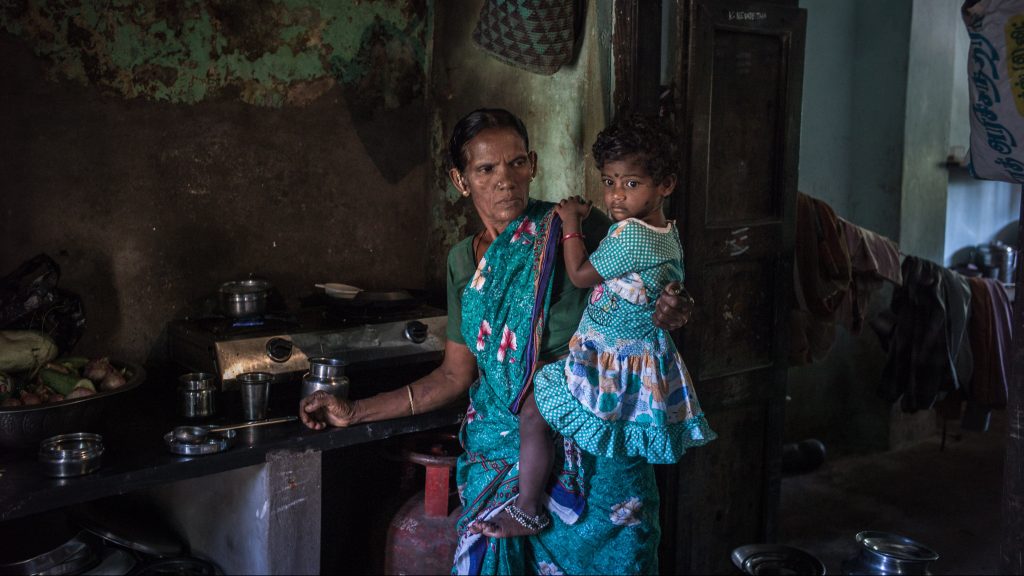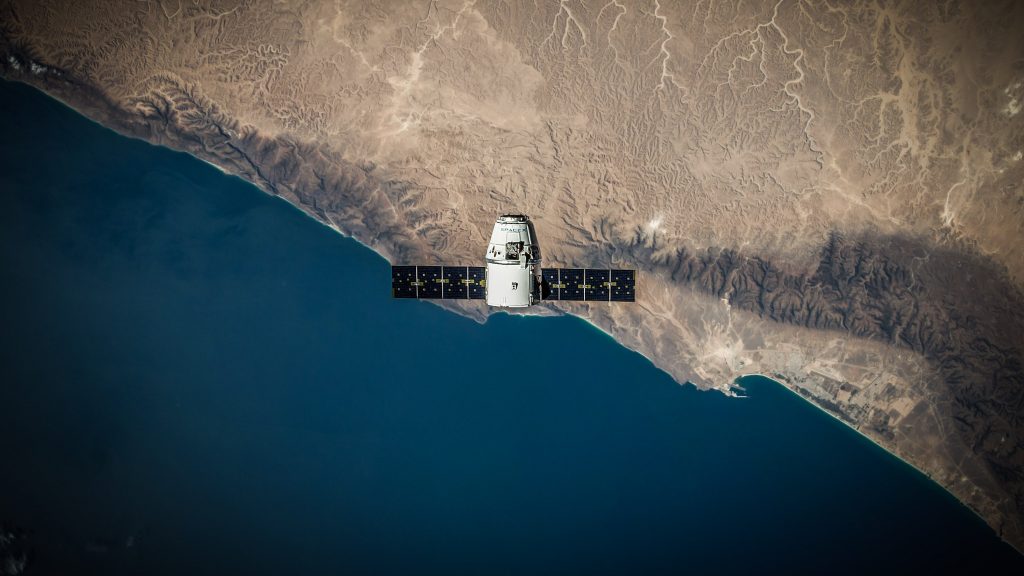“With the Plantwise Factsheets Library app, I am complete”
In the Kabwe District of Zambia, Adamson Andrew Tembo is the acting senior agricultural officer (SAO) working with the Ministry of Agriculture. He is trained as an agricultural engineer and his role has been as an irrigation engineer. He was transferred to Kabwe District in January 2017 and assumed the role of SAO in July…
Does gender affect how farmers use rural advisory services?
In an article recently published in The Journal of Agricultural Education and Extension, CABI authors set out to discover more about gender differences in access to rural agricultural information. The research was undertaken in Pakistan and found major gender differences regarding use and preference of agricultural information in relation age and literacy.
Plantwise Plant Clinics provide advisory services to all farmers at Agri Expo in Pakistan
The Agriculture Department in Pakistan recently organised a two-day agriculture expo (23-24 June 2018) at the Expo center Lahore. The aim of the expo was to introduce recent interventions and advances in the agriculture sector to both farming and non-farming communities.
Rallying around plant health in Jamaica
The Rural Agricultural Development Authority (RADA), Research and Development Division (R&D) and Plant Quarantine Produce Inspection (PQPI) – all agencies of the Ministry of Industry, Commerce, Agriculture and Fisheries of Jamaica – teamed up with CABI Plantwise to prepare the first of a series of rallies on different plant health topics. A two-day workshop was…
New plant doctors trained in Pakistan
By Umair Safdar, CABI Pakistan Plant health is increasingly under threat from a range of abiotic factors – such as nutritional deficiencies, extremes in temperature, adverse soil pH, pollutants – as well as biotic factors such as fungi, bacteria, viruses, nematodes, insects and other animals. Diagnosing and managing these issues requires a new approach in…
Investing in smallholder farmers for a food-secure future
Smallholder farmers provide the vast majority of the world’s food supply, and ‘small-scale farming’ is the largest occupation group of economically active people, 43% of which are women. Approximately 2 billion of the world’s poorest live in households that depend on agriculture in some form for their livelihoods, whether this is for market or subsistence.…
Fostering knowledge and confidence to feed more
Globally, an estimated 815 million people go hungry each day. Without access to healthy food, they are chronically undernourished. Meanwhile, in spite of advances in agricultural technology, approximately 40% of the food grown annually in rural communities is lost to pests and diseases. People living with persistent hunger need and deserve a sustainable solution based…
From satellites to stem borers: using earth observation to forecast pest outbreaks
Globally, over 500 million smallholder farmers provide food for two thirds of the world’s population. With 40% of crops lost annually to pests, achieving zero hunger by 2030 depends on increasing the productivity of these smallholders. We already have weather forecasts, pollen forecasts and UV forecasts, but what if farmers had access to pest forecasts?
CABI signs MoU with Agricultural Department Gilgit Baltistan to launch Plantwise programme
CABI has signed a Memorandum of Understanding (MoU) with Agriculture Department Gilgit Baltistan in Pakistan to launch the Plantwise programme in order to provide research-based advisory services to farmers. The agreement, which will deliver Plantwise plant clinic services, was signed by Dr Babar Bajwa, Regional Director – CABI Central and West Asia, and Mr Sajjad Haider…
Students learn Integrated Pest Management techniques in Beijing
CABI has held a five-day course on Integrated Pest Management (IPM) to train post graduate students and young researchers on a range of pest management techniques including how to keep pests, diseases and weeds below levels that cause economic damage.






